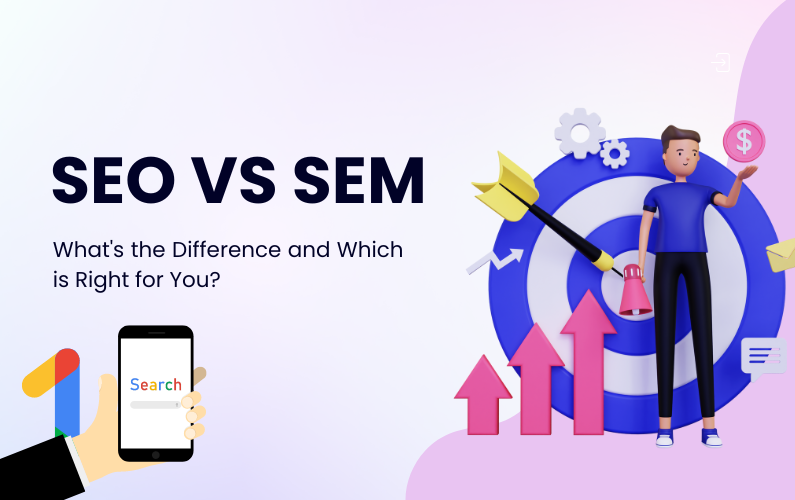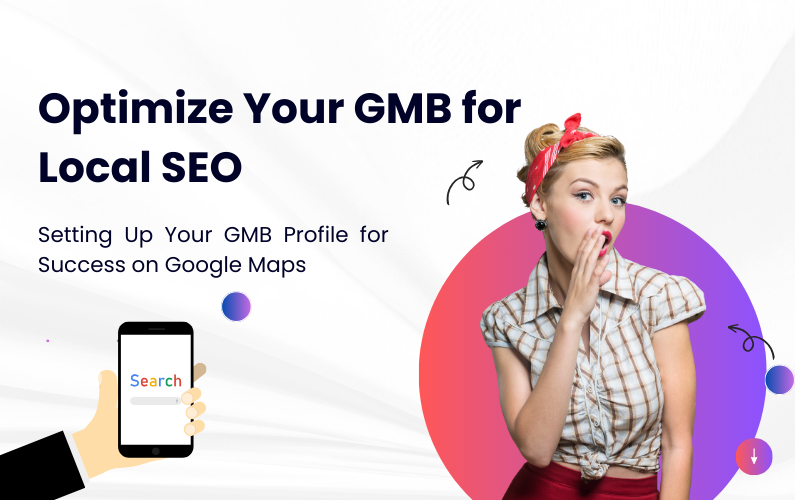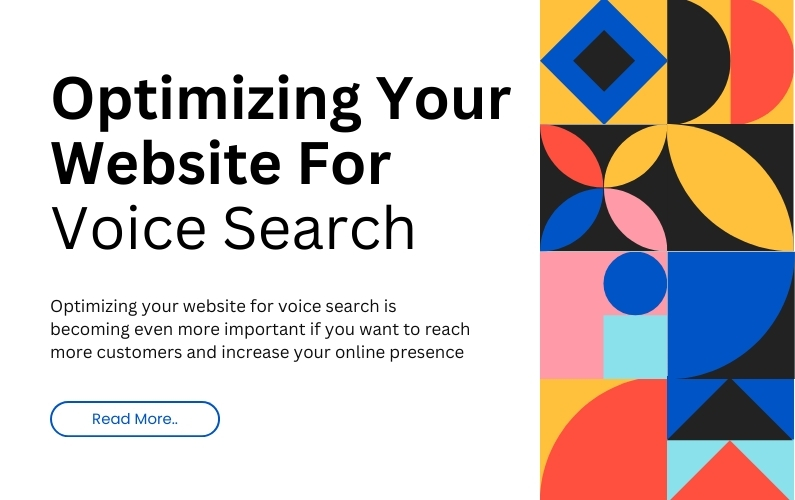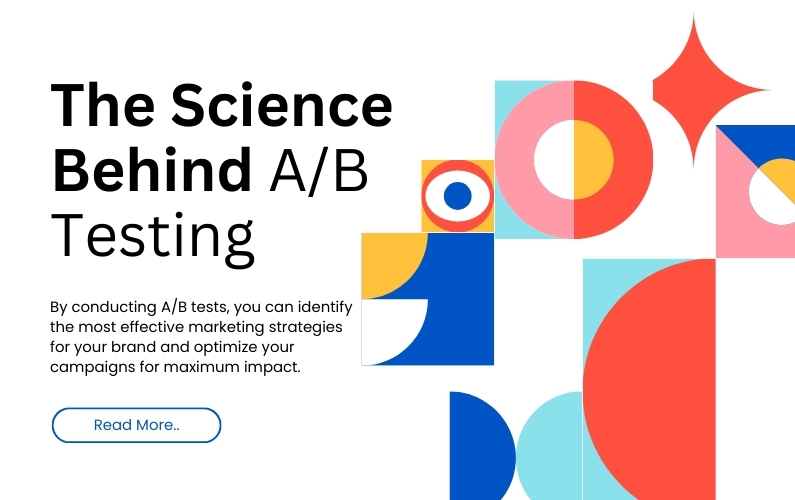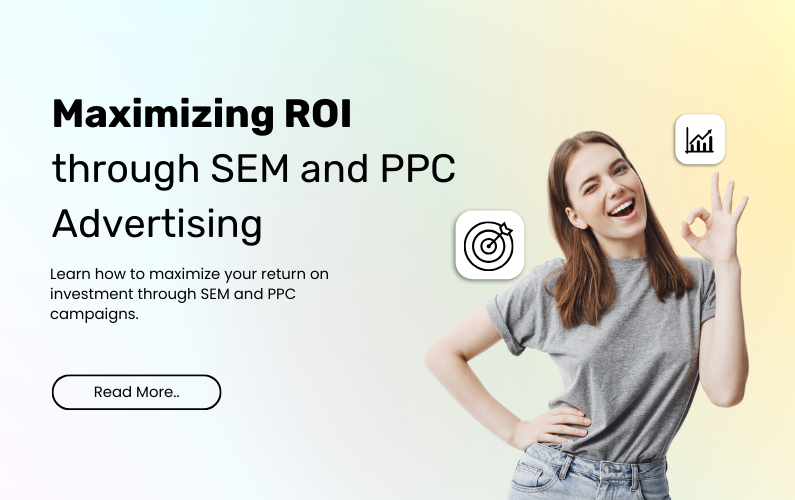SEO vs SEM, which is right for you? As the digital marketplace becomes ever more crowded, small business owners and digital marketers are confronted with a critical question: how do I get my website noticed? The acronyms SEO (Search Engine Optimization) and SEM (Search Engine Marketing) are often tossed around in the conversation of increasing online visibility, but what do they actually mean, and more importantly, which is right for your business? In this exploration, we delve into the unique domains of SEO and SEM, providing you with the necessary insights to make well-informed decisions regarding your digital marketing strategy.
Understanding SEO
Search Engine Optimization (SEO) is not just a technical process, it’s an art form. It involves optimizing your website using organic methods to achieve higher rankings in the Search Engine Results Pages (SERPs). The key lies in understanding the needs and preferences of online users, the specific keywords they use, and the type of content they desire.
By leveraging effective local SEO strategies, you can attract organic traffic to your website without having to pay for each visit. This means that your website can gain visibility and reach a wider audience, ultimately boosting your online presence and driving more potential customers to your virtual doorstep.
Benefits of SEO
Search Engine Optimization (SEO) can level the playing field in the digital landscape by providing smaller businesses with the opportunity to compete head-to-head with larger companies. By strategically attracting organic traffic, SEO enables businesses to increase their online visibility and reach a wider audience.
One of the key advantages of SEO is its long-term cost-effectiveness. Unlike paid advertising, which requires continuous investment, SEO efforts build over time, establishing your site’s reputation and credibility. As you consistently enhance your website’s content and user experience, your SEO efforts gain momentum, resulting in higher rankings on search engine result pages.
Investing in SEO not only helps drive organic traffic to your website but also enhances your overall online presence. By aligning your content with relevant keywords and optimizing your site’s structure, you can improve its visibility and accessibility to search engines. This, in turn, leads to higher organic search rankings, increased brand exposure, and ultimately, more potential customers finding your business.
In this ever-evolving digital landscape, SEO has become an essential component of any successful online marketing strategy. By leveraging the power of SEO for your website and your Google Business Profile, businesses of all sizes can maximize their online potential and compete effectively in today’s competitive marketplace.
Strategies and Best Practices
Effective SEO strategies involve a multi-faceted approach to optimize your website’s visibility and ranking in search engine results. One crucial aspect is optimizing your content with relevant keywords that align with user search queries. Additionally, building backlinks from reputable sources helps establish your website’s credibility and authority.
To enhance user experience and improve website performance, it’s vital to ensure fast loading times, as slow-loading websites can negatively impact both user engagement and search engine rankings. Moreover, with the increasing use of mobile devices for internet browsing, making your site mobile-friendly is essential for reaching a broader audience and improving overall user satisfaction.
While technical aspects play a significant role, content remains the heart of any successful SEO strategy. Regularly updating your website with high-quality, informative, and engaging content not only attracts visitors but also signals search engine algorithms that your website is relevant and valuable. By consistently delivering valuable content, you can establish your website as a trusted resource and increase its visibility in local search engine rankings.
Understanding SEM
Search Engine Marketing (SEM) encompasses a comprehensive range of marketing strategies designed to enhance visibility in search engines. It includes various paid advertising options, such as pay-per-click (PPC) ads, enabling businesses to buy ad space that appears on the Search Engine Results Page (SERP) when specific keywords are entered. This immediate visibility ensures that your target audience can easily find your brand and offerings. By leveraging SEM effectively, you can drive relevant traffic to your website, increase brand awareness, and ultimately achieve your marketing goals.
Benefits of SEM
SEM provides an immediate increase in visibility and is highly customizable and trackable. It’s flexible and offers fast results, making it ideal for promotions, launching new products, or testing new markets.
Strategies and Best Practices
To execute successful SEM (Search Engine Marketing) campaigns, it is crucial to begin with comprehensive keyword research. This involves identifying relevant and high-performing keywords that align with your target audience’s search intent. Additionally, creating compelling ad copy that captures attention and entices clicks is essential to drive traffic to your website or landing page.
However, the work doesn’t stop there. To maximize conversions, it is imperative to optimize your landing pages. This includes designing them in a user-friendly manner, ensuring quick loading times, and implementing clear call-to-action buttons that guide visitors towards desired actions.
Monitoring the performance of your ads is equally important. By tracking key metrics such as click-through rates, conversion rates, and cost per acquisition, you can gain valuable insights into the effectiveness of your campaigns. Based on this data, you can make data-driven decisions and adjust your bidding strategies accordingly to achieve optimal results.
By following these steps and continuously refining your SEM campaigns based on real-time data, you can increase your chances of attaining higher visibility, driving qualified traffic, and ultimately achieving your marketing goals.
Differences between SEO and SEM: SEO vs SEM
Focus and Objectives
The primary difference between SEO (Search Engine Optimization) and SEM (Search Engine Marketing) lies in their approaches to attracting traffic to your site.
SEO focuses on optimizing your website through various strategies and techniques to improve its organic visibility in search engine results. This includes optimizing content, improving website structure, and acquiring backlinks, among other tactics. The goal is to attract and drive traffic naturally, without paid promotions.
On the other hand, SEM involves paid advertising to increase visibility and drive traffic to your website. It includes strategies like pay-per-click (PPC) advertising, where you bid on keywords to display ads to relevant audiences. SEM allows for immediate visibility on search engine results pages (SERPs) and provides a way to quickly generate traffic to your site.
While SEO emphasizes long-term organic growth, SEM offers a more immediate solution for gaining visibility and driving targeted traffic to your site. Both approaches have their merits and can be used in combination to maximize your online presence and achieve your marketing goals.
Timeframe and Results
SEO is a long-term strategy that builds momentum over time, while SEM can provide immediate results but requires continuous funding to maintain visibility.
Cost and Budget Considerations of SEO vs SEM
SEO typically requires a lower upfront investment but necessitates consistent effort in content creation and site optimization. In contrast, SEM requires ongoing budget allocation for ad spend.
Choosing the Right Approach
Factors to Consider
When choosing between SEO vs SEM, consider your strategic goals, budget, and resources. If brand awareness and long-term online presence are your focus, invest in SEO. For quick traffic and visibility, particularly around specific campaigns or offers, SEM might be the way to go.
Evaluating the Pros and Cons
Evaluate the pros and cons of each method in relation to your unique business goals. Can you sustain long-term efforts for SEO, or would your objectives benefit from the quick wins provided by SEM?
Recommendations based on Business Type and Goals
For businesses seeking long-term growth and have the ability to create robust content, SEO may be the best choice. SEM should be considered for short-term campaigns, or if immediate results are critical to your business.
Conclusion: SEO vs SEM
Understanding the differences between SEO vs SEM is critical for making effective decisions. While SEO offers sustainable growth without ongoing costs, SEM can generate quick results and has unmatched precision targeting capabilities. In many cases, a balanced approach that leverages the strengths of both SEO and SEM could be the optimal strategy for your business. Evaluate your business needs, marketing goals, and budget to decide how to best allocate efforts between these two powerful tools for digital visibility.
Remember, whether you choose SEO, SEM, or a combination of both, consistency and quality are key. By making informed decisions and investing in a solid digital marketing strategy, small business owners and digital marketers can significantly improve their online presence and drive business success.


